
Nowadays, I can’t even keep track of how often I think about traveling. Following the onset of stay-at-home orders, the travel bug seems to have surged in numbers and we’re all daydreaming about getting away from it all. If only we could tie up hundreds of balloons to our roofs so could finally stop talking about travel and just do it. Well, now you can – sort of. Studio SFSO, a San Francisco-based industrial design duo, noticed the increased urge to travel as well as social media’s role in promoting tourism and conceptualized a new travel experience that transports mobile cabins to uncharted territories with help from delivery cargo drones.
Known for their often bulbous and quirky home designs, Studio SFSO now turns to travel for inspiration. Studio SFSO’s mobile cabin delivery service aims to help mitigate the unfortunate byproducts of overtourism like land degradation and wasteful construction activities. In addition to these preexisting problems, the COVID-19 pandemic has moved many people to either ditch previous travel plans or embrace unsafe modes of travel. In order to offer their own solution to these problems, Studio SFSO’s mobile cabin delivery service incorporates the use of drone technology to first transport prefabricated holiday cabins to unique, faraway places and then, once that travel itch has been scratched, send the mobile cabins back to the user’s home in their respective city. This mode of travel from Studio SFSO promotes nonintrusive tourism that protects the environment and won’t disrupt the local community’s way of life.
To get the whole holiday started, users will decide on a single location from a map made available by the delivery service’s accompanying app and reserve that location as the chosen delivery address for the drone to deliver the prefabricated cabin. After the location is selected, just like how city e-bikes can be returned to any available charging station, the guest’s cabin is picked up from the chosen destination’s closest ‘droneport’ and delivered to the onsite location. All the drone takes care of is the delivery service, so guests will have to unfold and assemble their cabins before enjoying their stay. Once the holidays come to an end, travelers simply fold up their prefabricated cabins and a drone takes care of the rest, bringing it right back to a nearby droneport.
Constructed from a combination of both plastic and wood, the cabins are cuboid boxes that measure 2.2 meters in length, 1.5 meters in width, and 2.2 meters in height. To help reduce overall waste, each cabin collects leftover food and garbage in tanks that leave no trace of tourism behind. Further reducing the problem of waste brought on by tourism, Studio SFSO’s mobile cabin delivery service also delivers pre-cooked meals to guests in a similar fashion to airline dining services. Once the cabin reaches the chosen destination, additional furniture, blankets, and portable toilets are subsequently delivered. To provide heating, electricity, and water, each cabin is also outfitted with the necessary equipment to provide comfortable stays for safe modern travel.
Designer: Studio SFSO

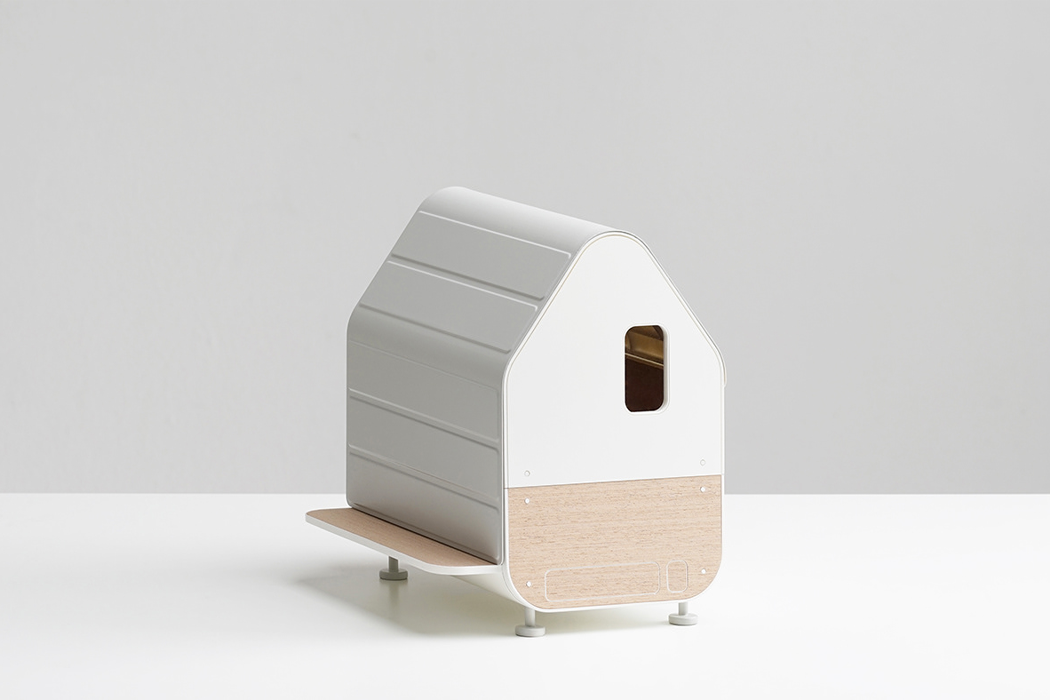
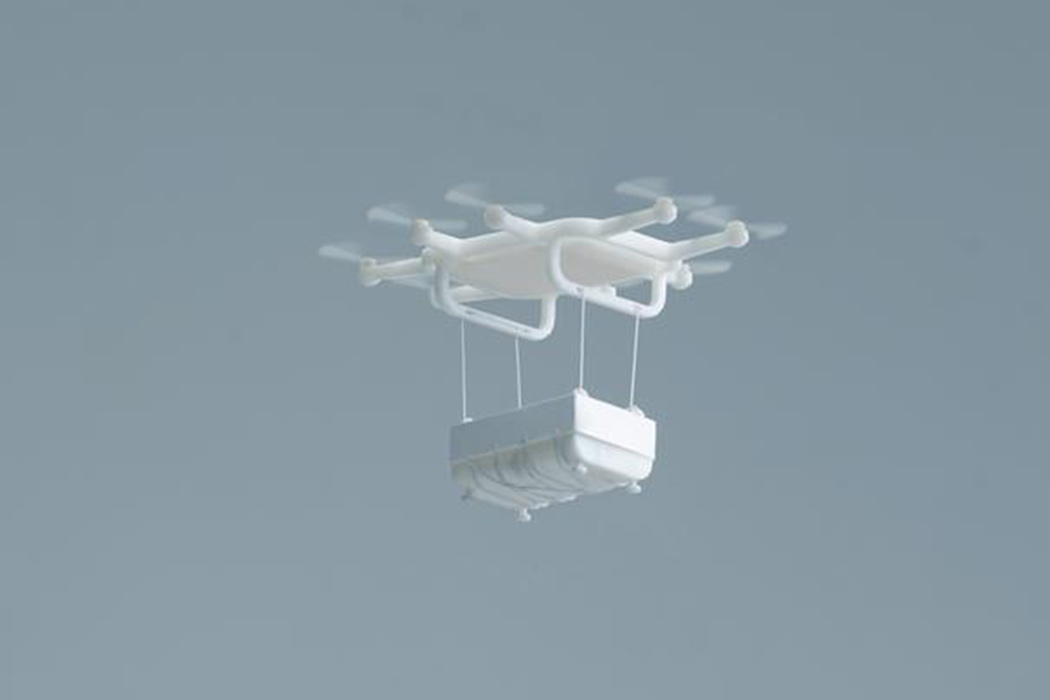
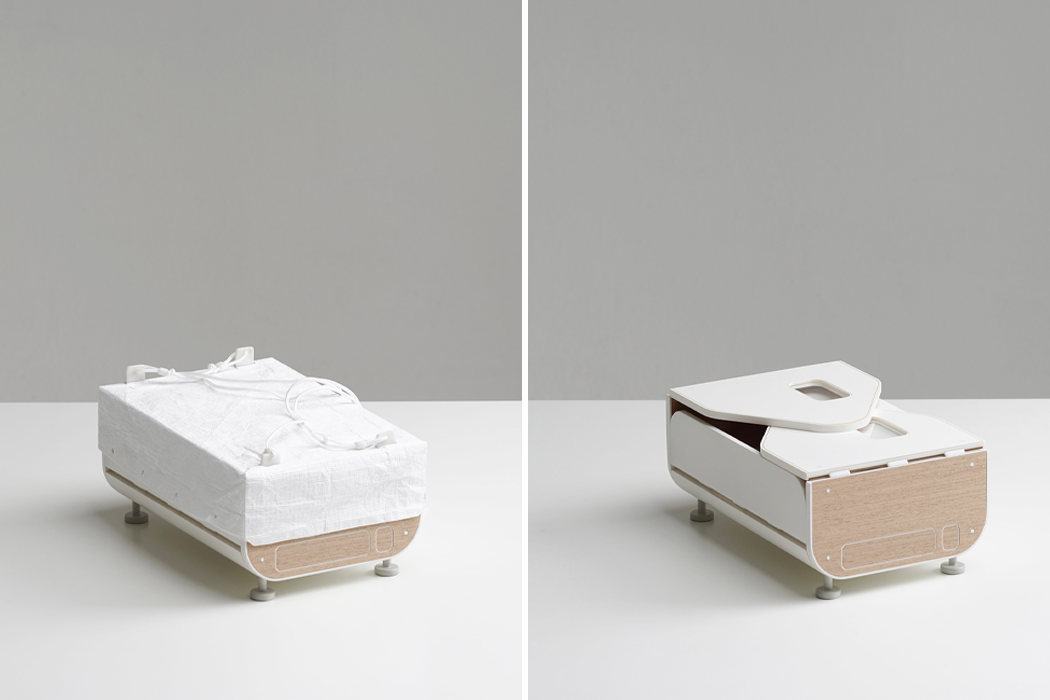
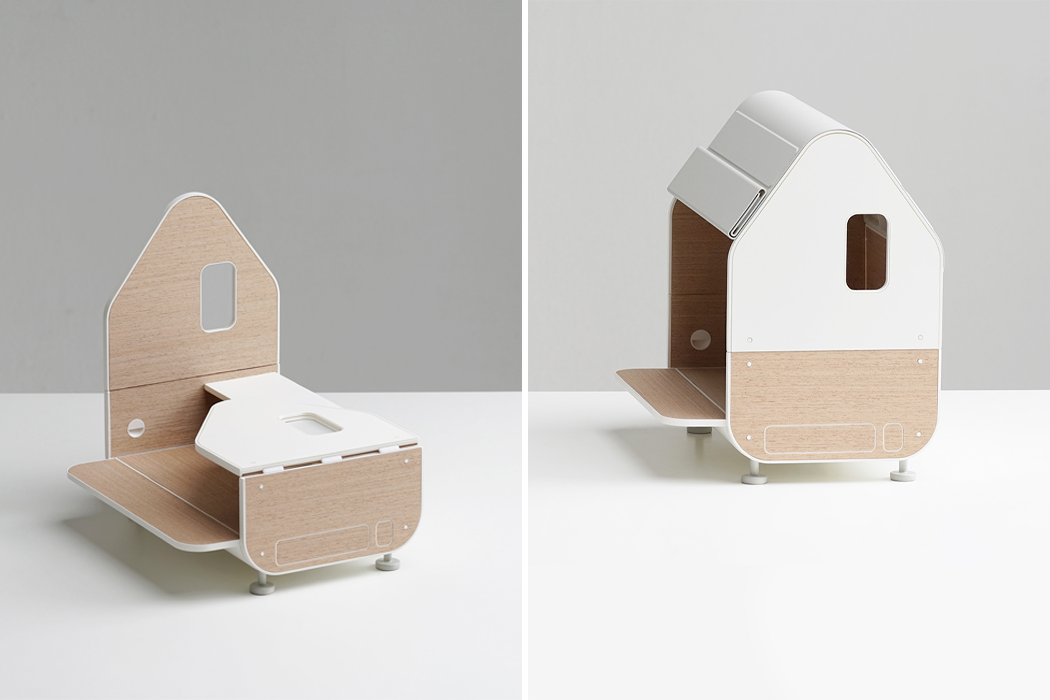


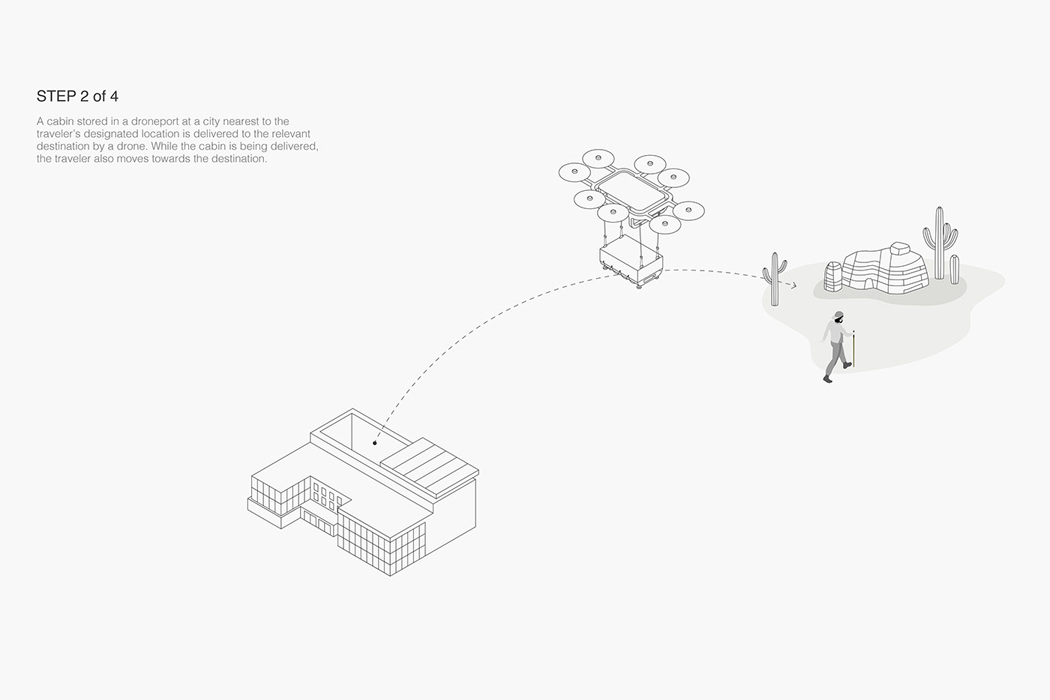
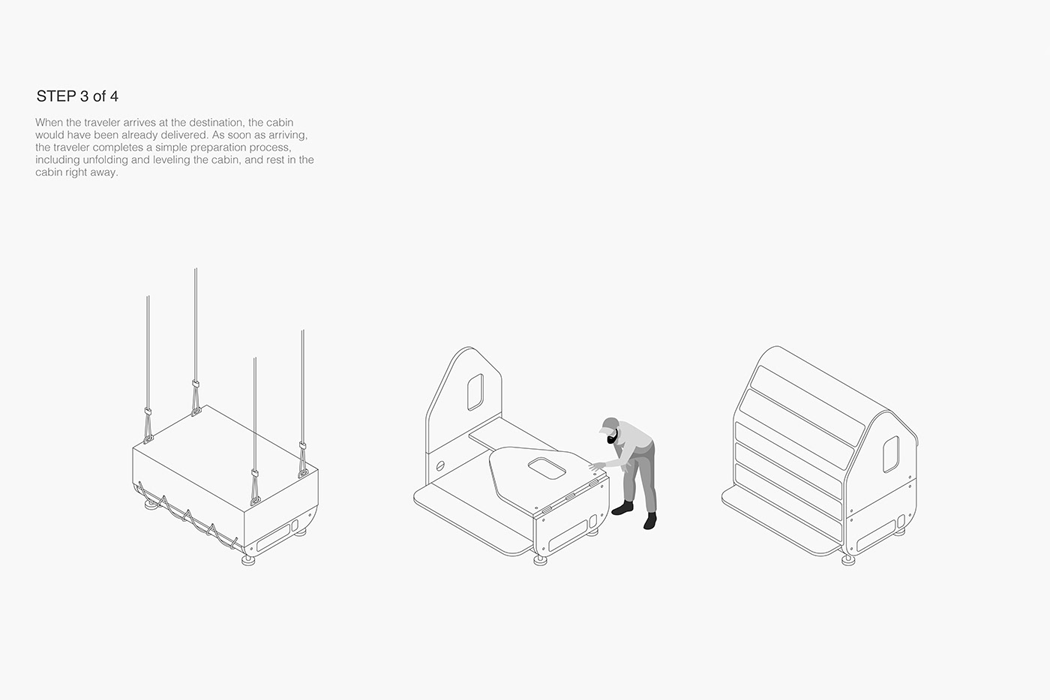
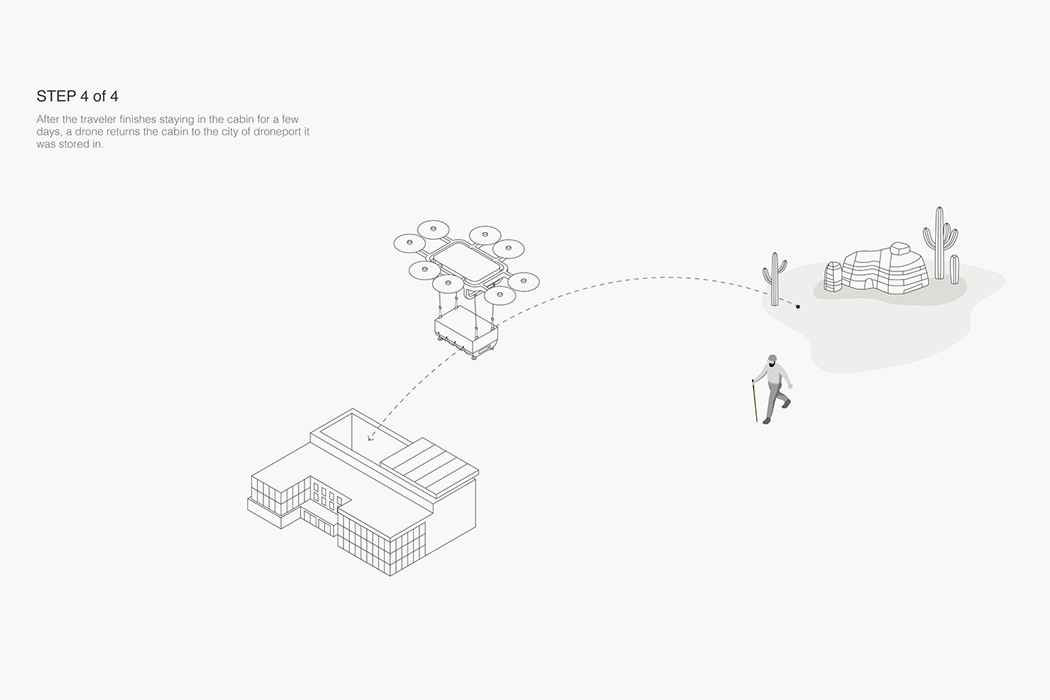
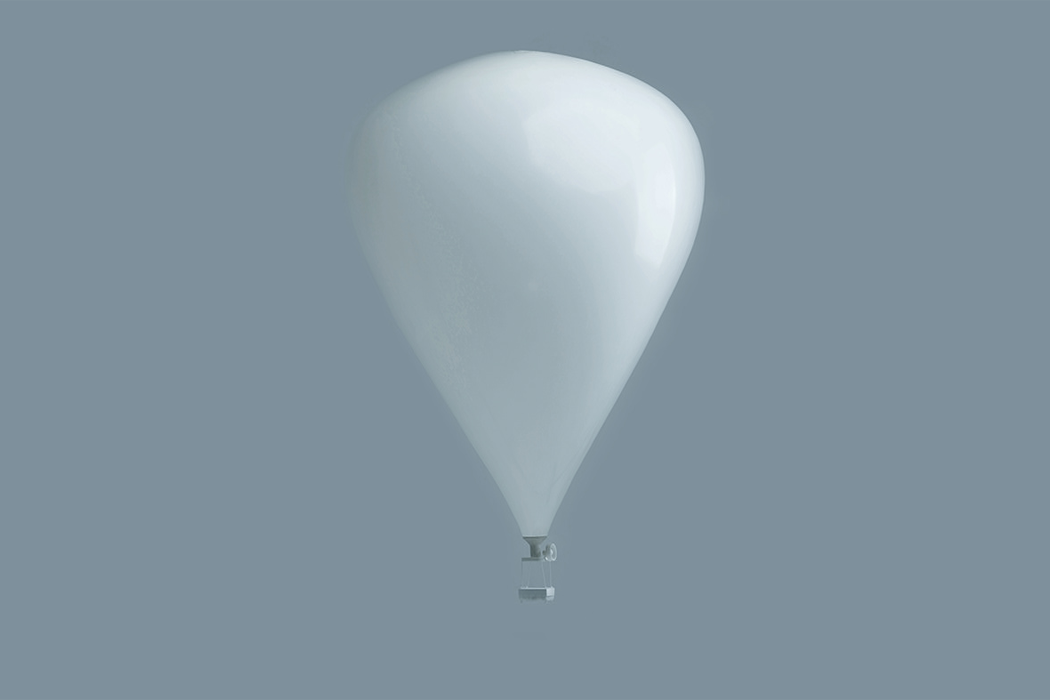
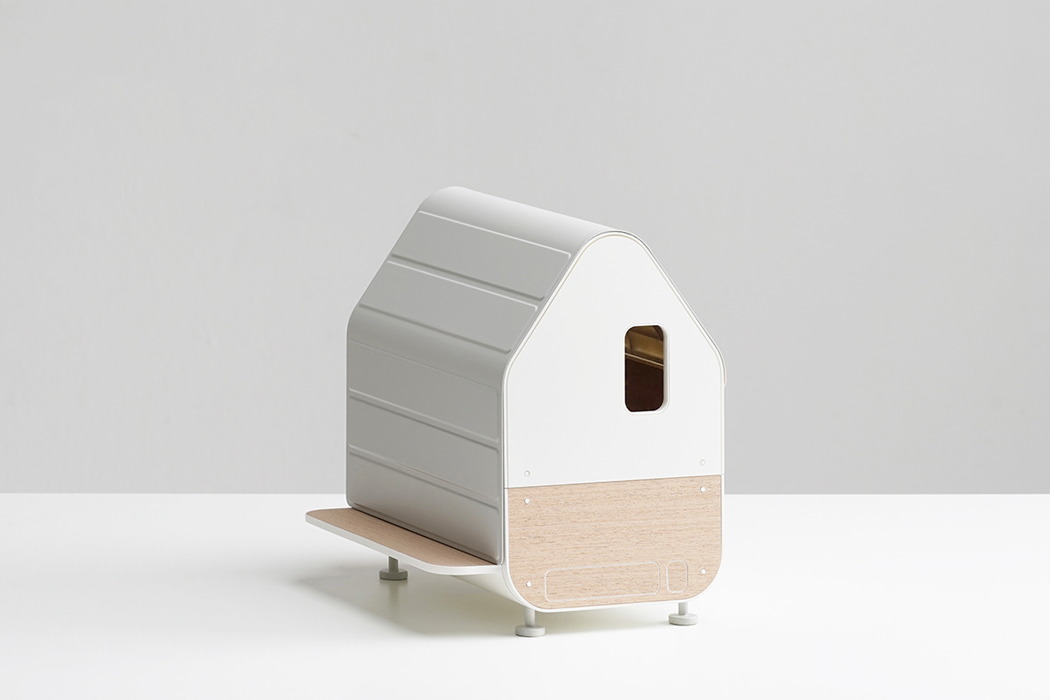
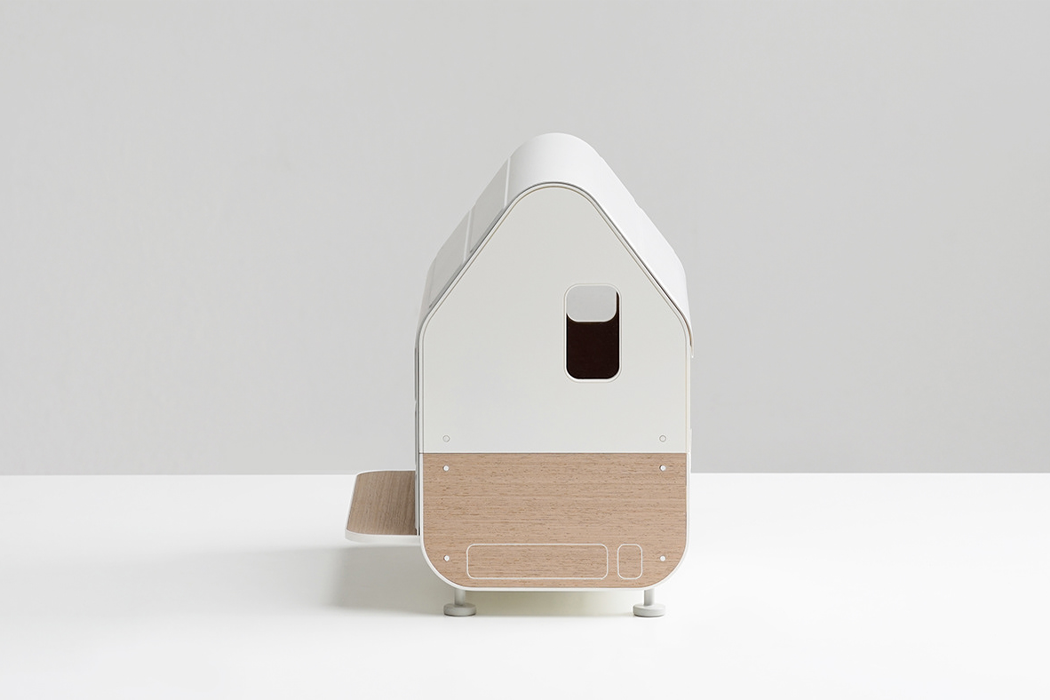
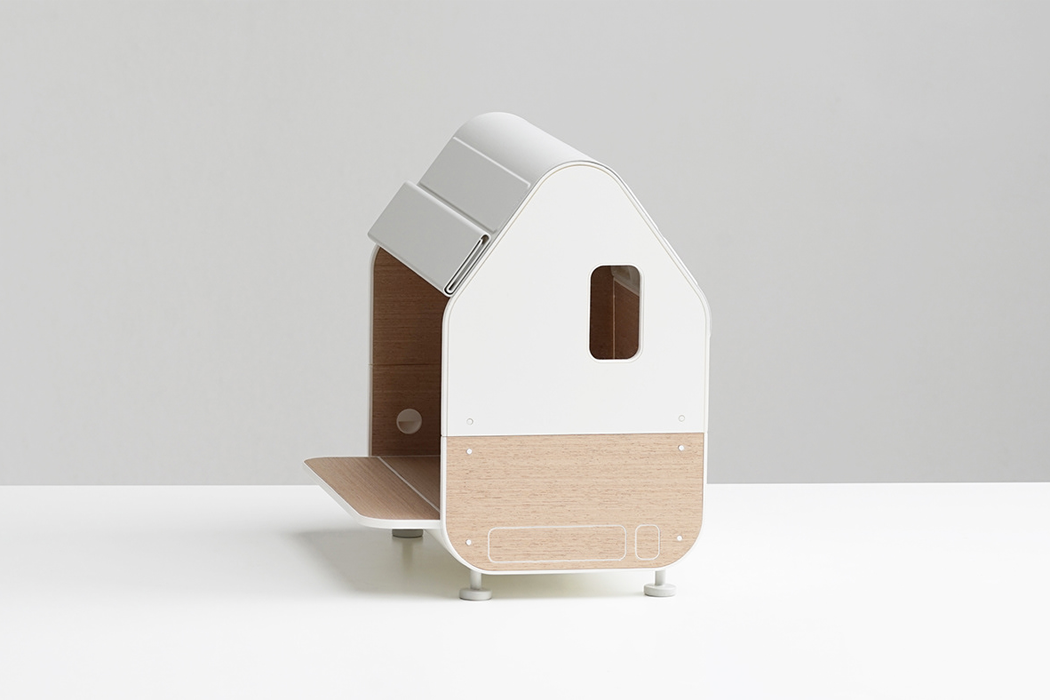
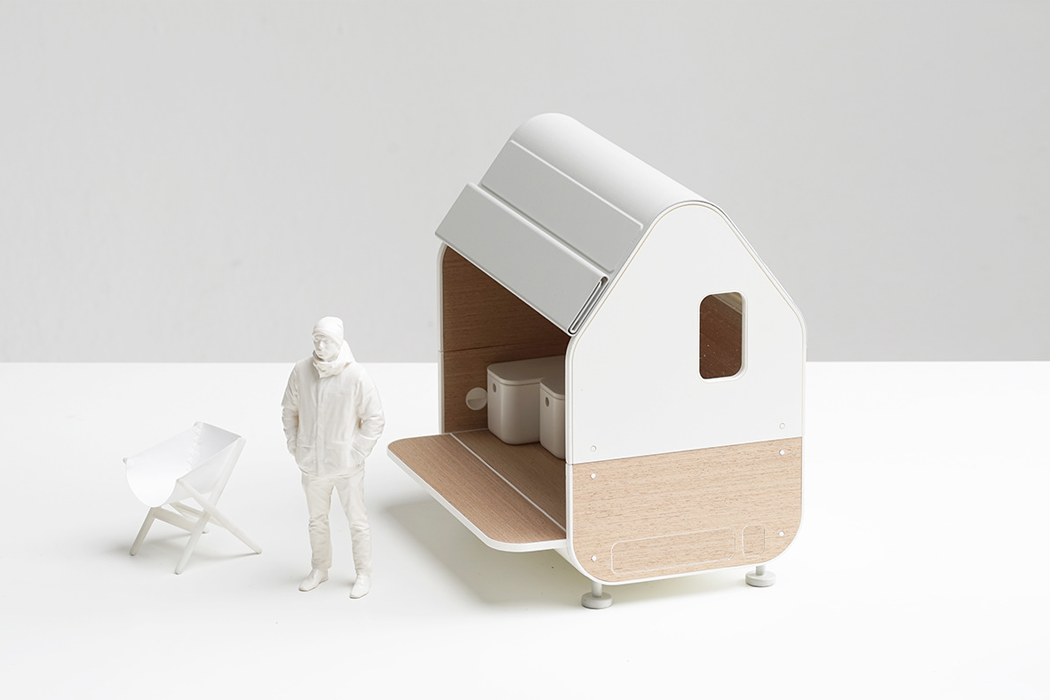
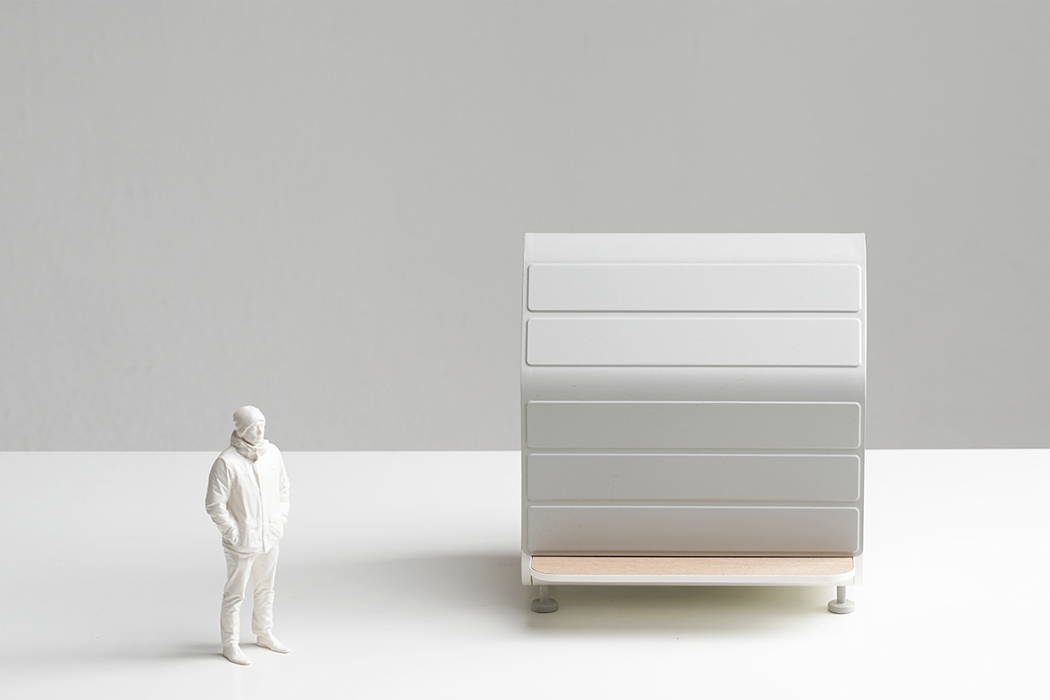
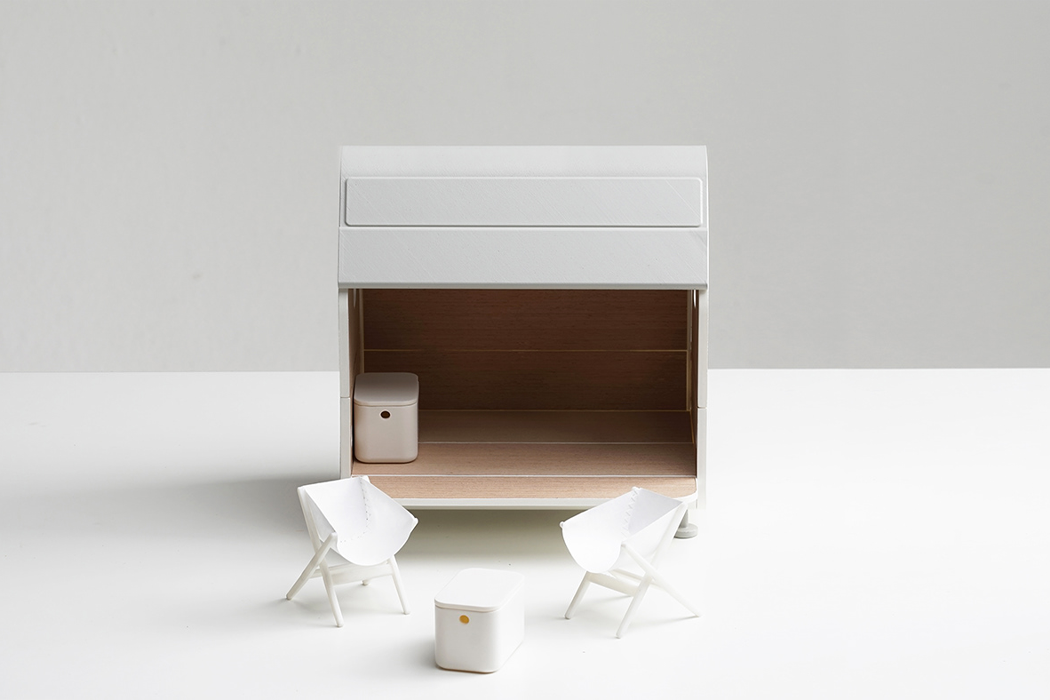
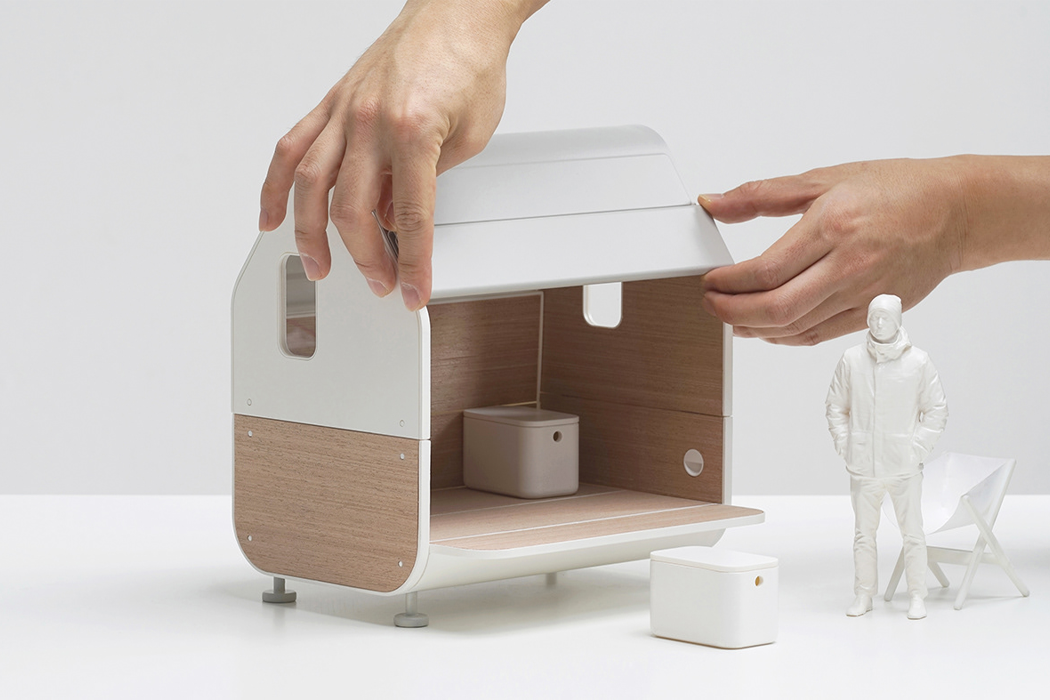
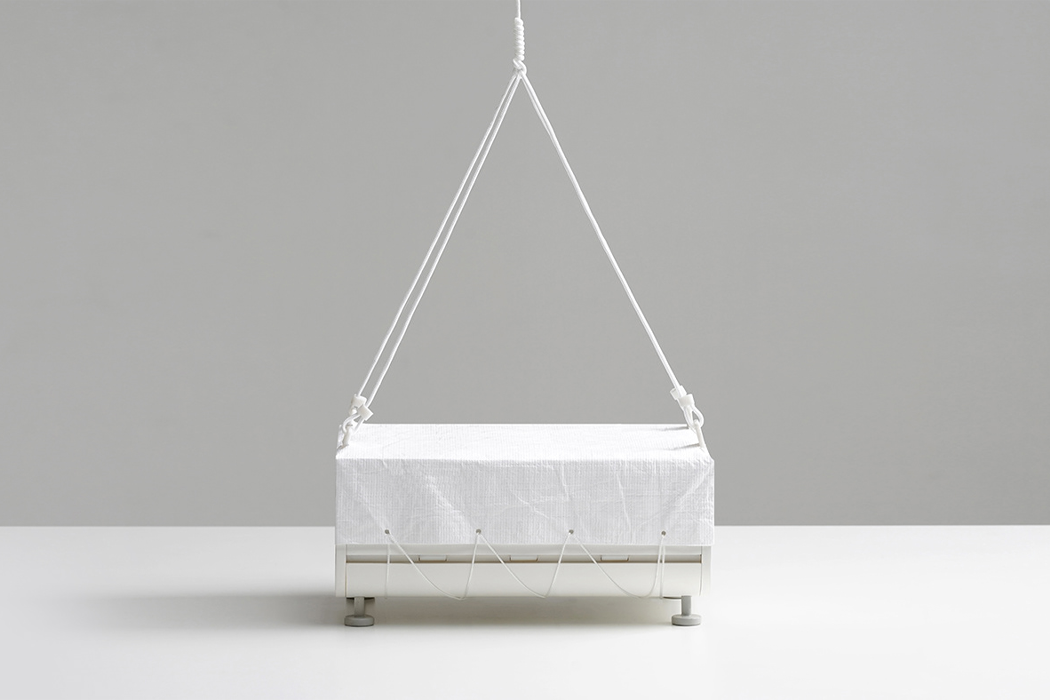
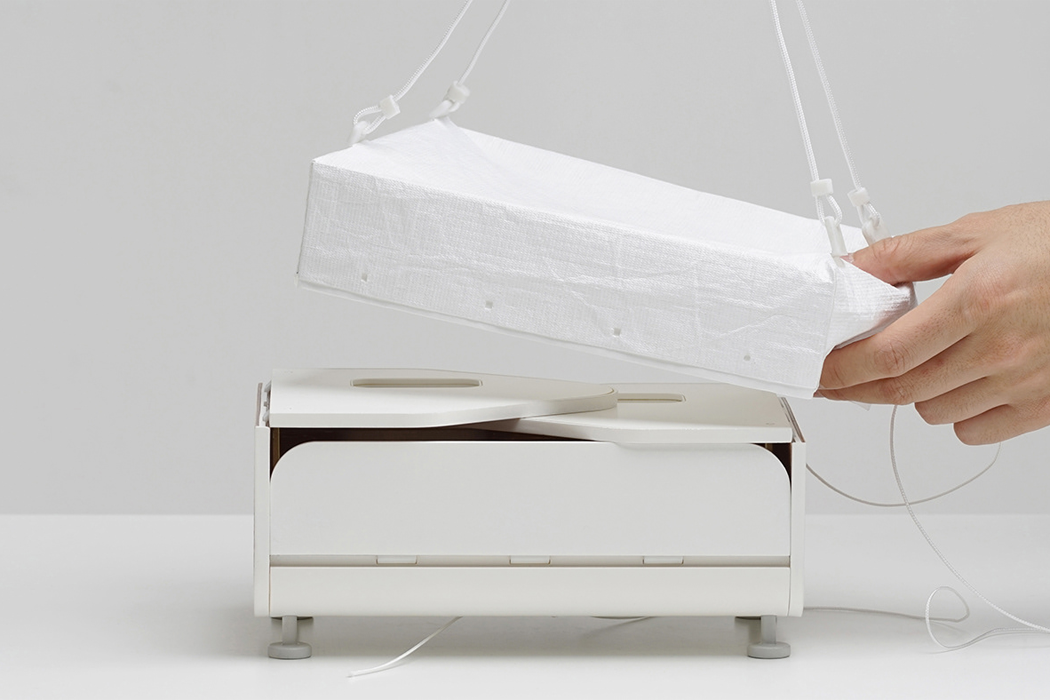
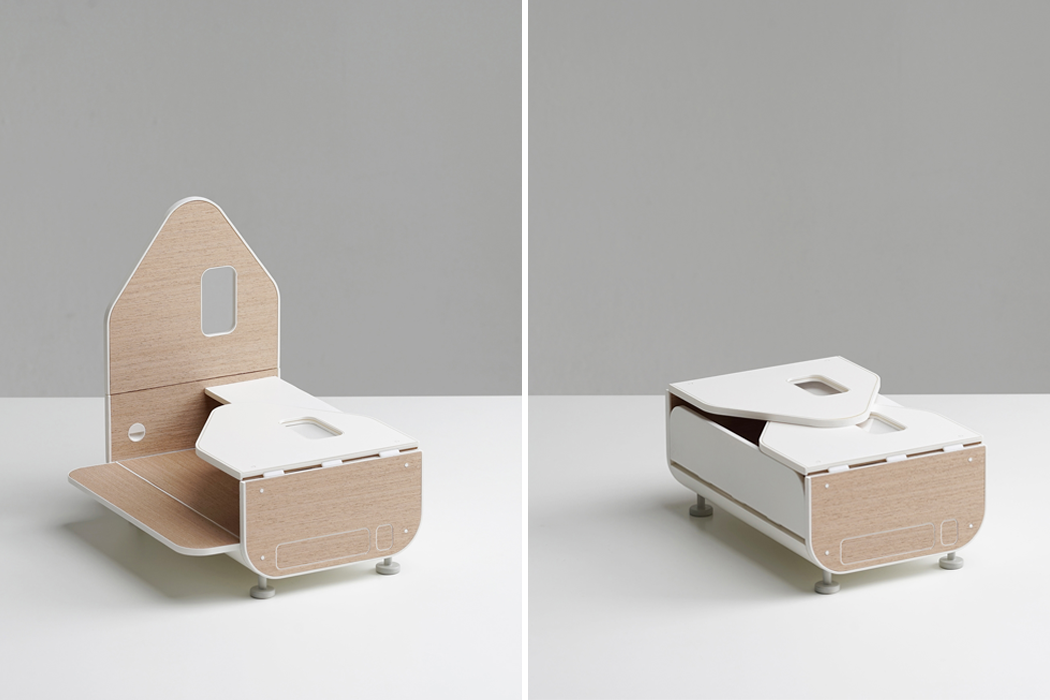
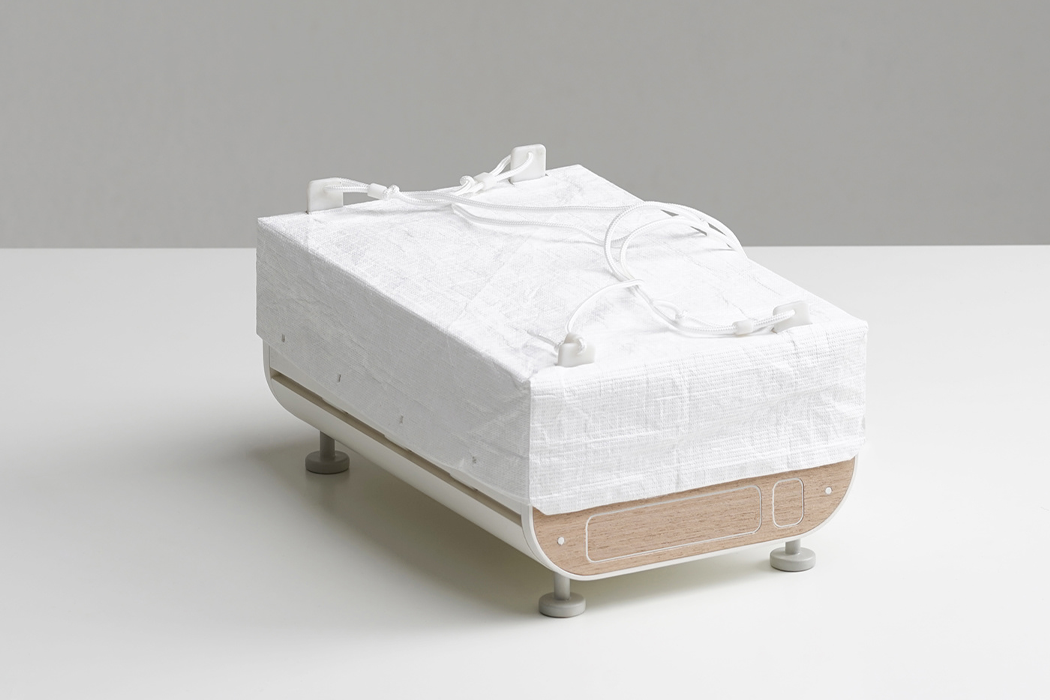
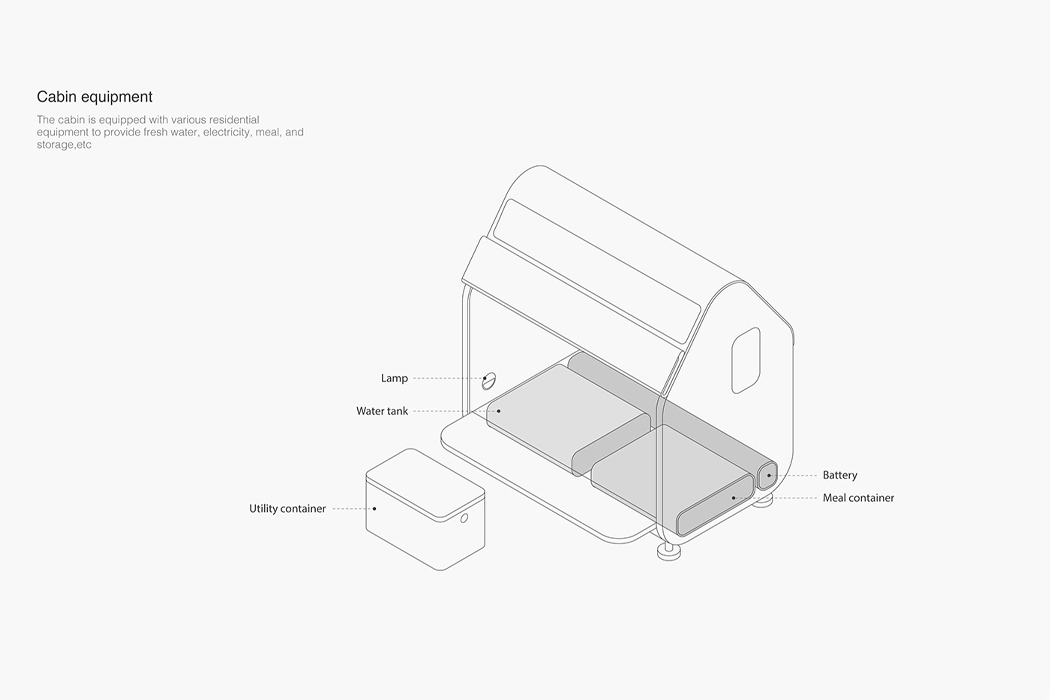
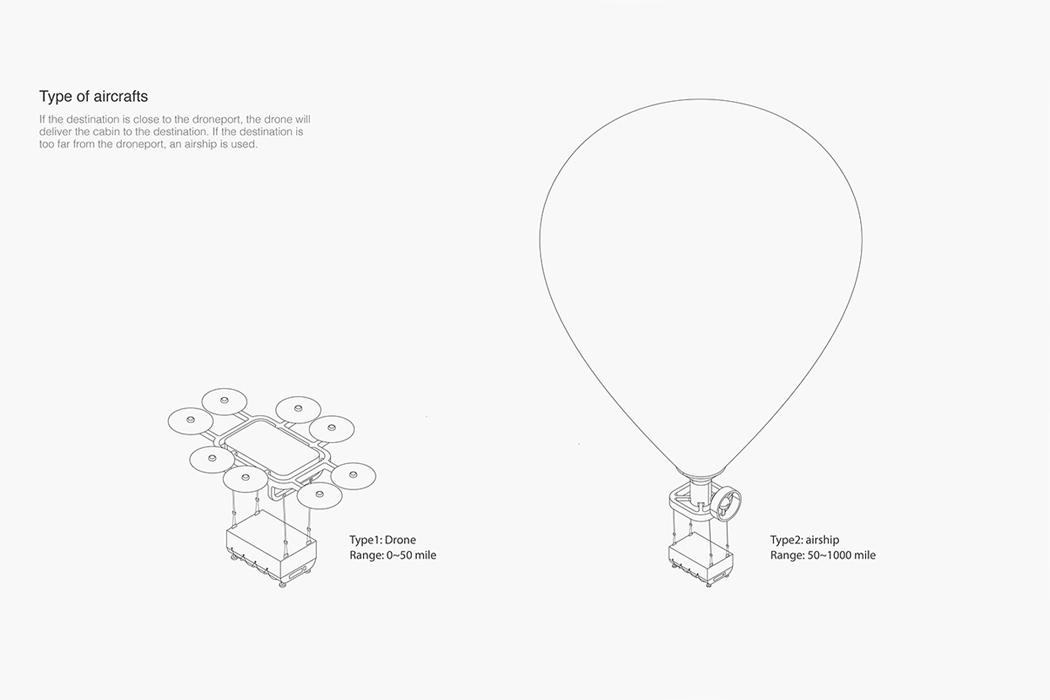





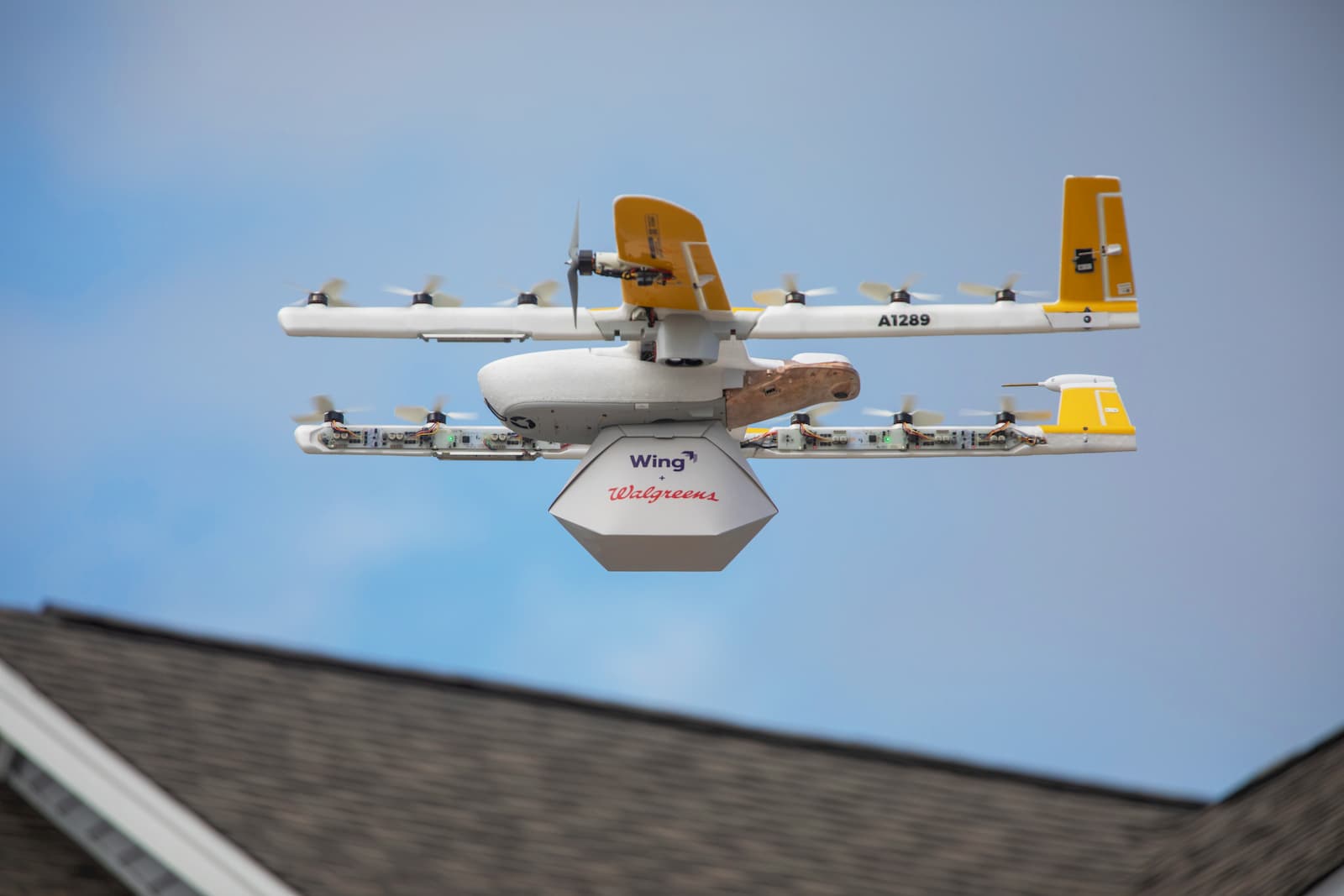 Alphabet's Wing has started making deliveries by drone to homes in the US for the first time. During a pilot program in Christiansburg, Virginia, drones will drop off packages from FedEx, Walgreens and local retailer Sugar Magnolia, which include ove...
Alphabet's Wing has started making deliveries by drone to homes in the US for the first time. During a pilot program in Christiansburg, Virginia, drones will drop off packages from FedEx, Walgreens and local retailer Sugar Magnolia, which include ove...
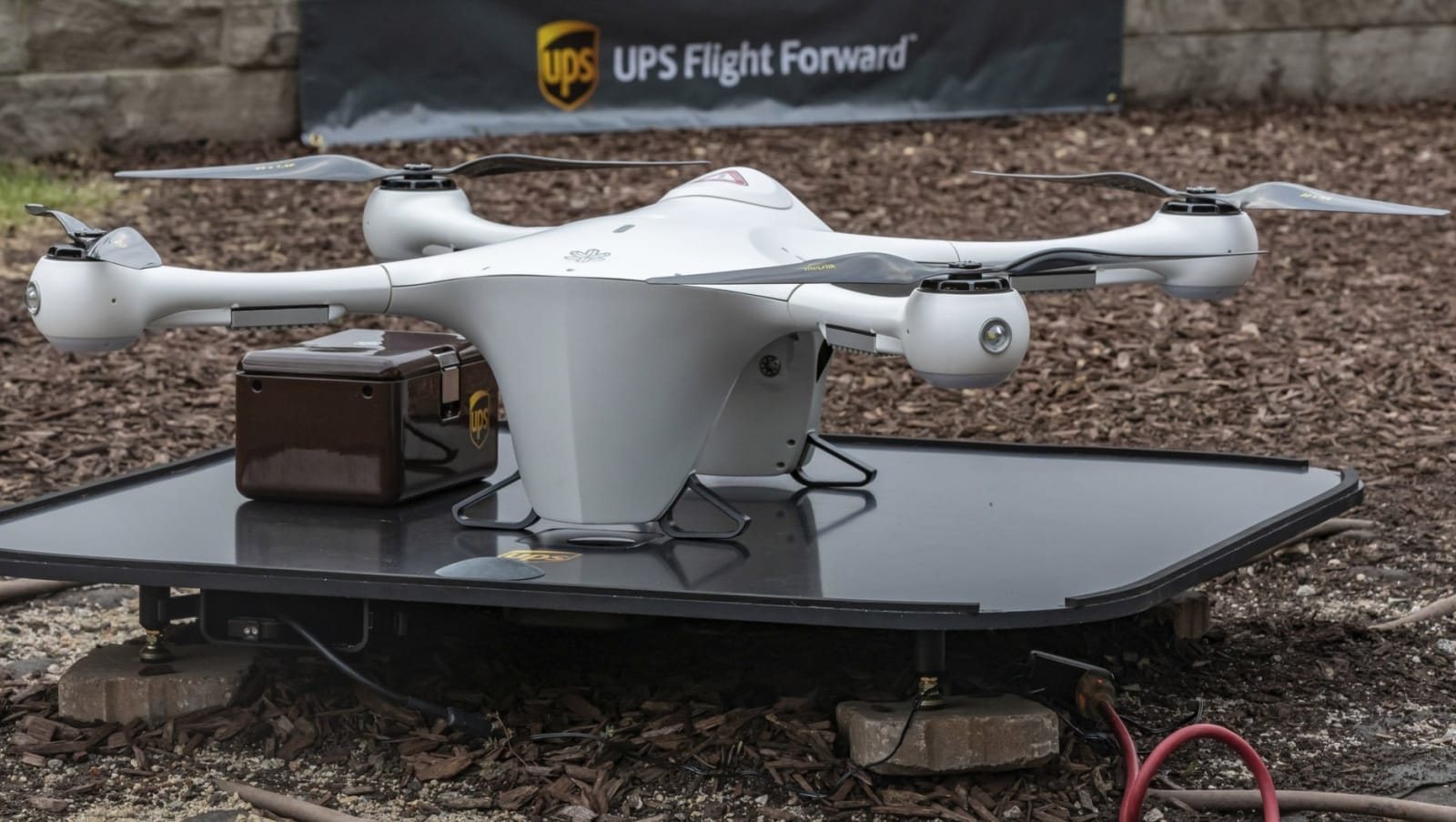 UPS might soon be dropping off packages across the US by drone. The Federal Aviation Administration granted the UPS Flight Forward subsidiary air carrier and operator certification, allowing it to use drones for commercial deliveries.
UPS might soon be dropping off packages across the US by drone. The Federal Aviation Administration granted the UPS Flight Forward subsidiary air carrier and operator certification, allowing it to use drones for commercial deliveries.